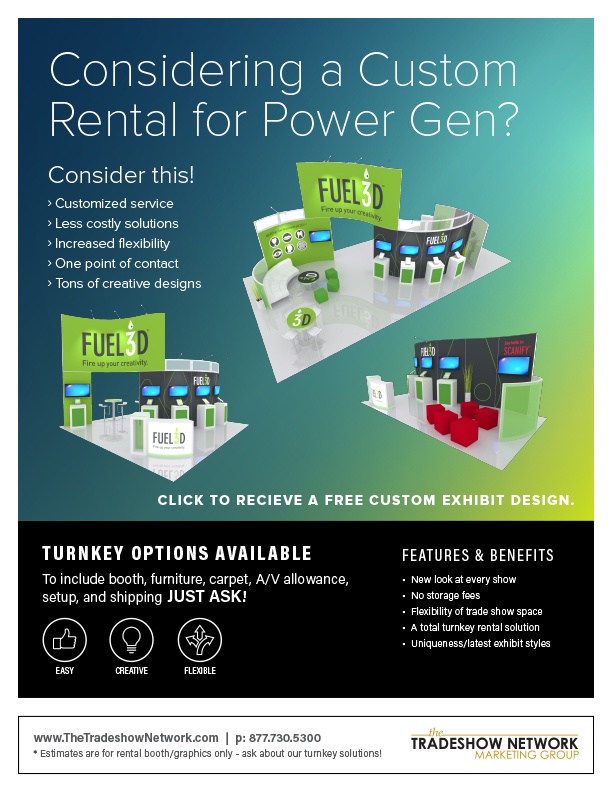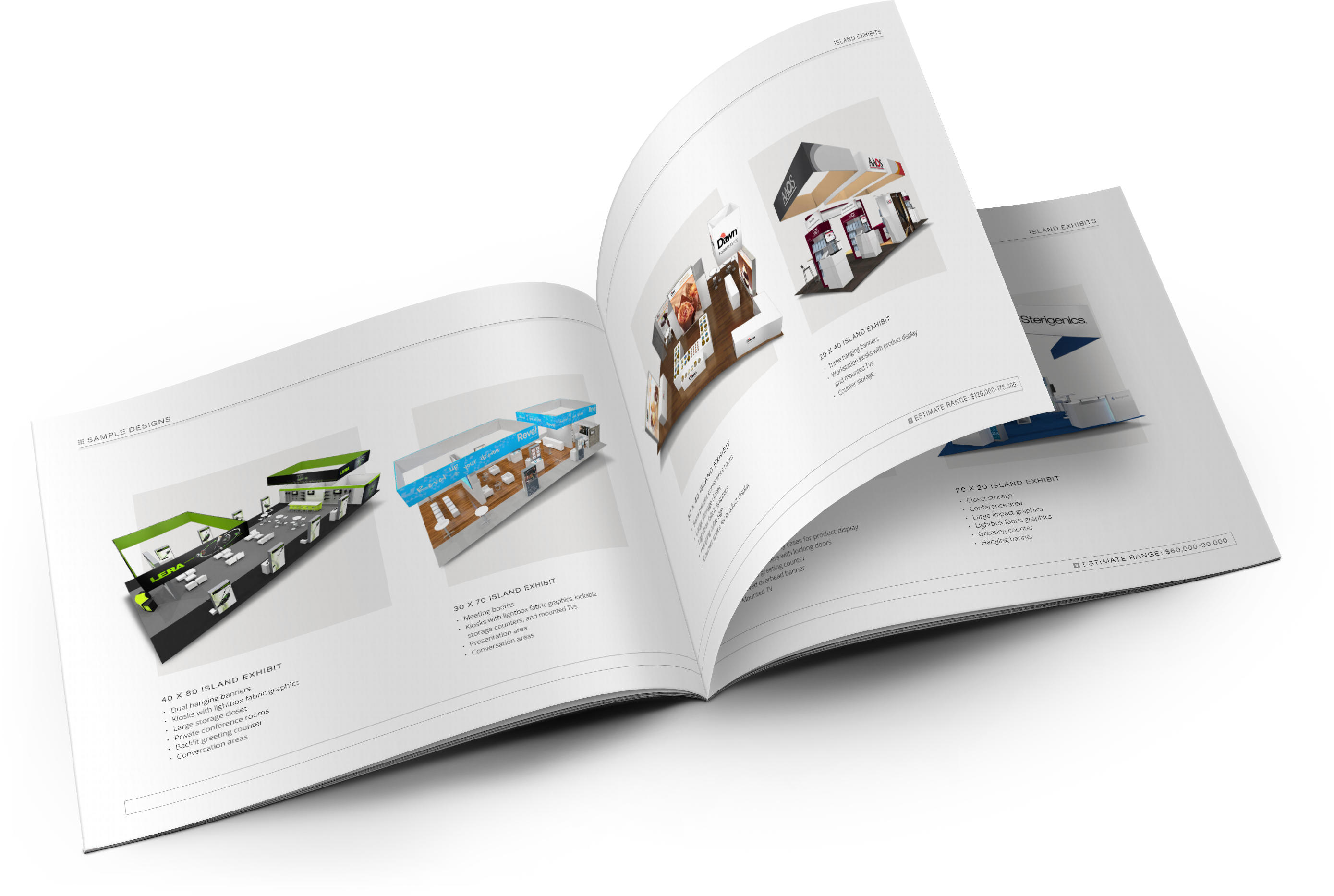I’ve never been a fan of jargon like lead acquisition, funnel, and pipeline. They make the sales process sound like we’re drilling for oil, not building and strengthening relationships with human beings. Still, whatever we want to call them, these principles are essential. Research has shown a nearly 20% difference in revenue growth between B2B companies with clearly defined sales processes (or pipelines) and those without.
So if we need to talk about these terms, let’s at least make it more fun by comparing the B2B sales pipeline to the auditioning process for a reality talent competition. After all, what has more drama, heartbreak, more characters, tears, and laughs than a reality TV show? Sales. And what better way to sell but in your trade show booth on an exhibit floor!
 1) Lead Generation to Meeting Scheduled
1) Lead Generation to Meeting Scheduled
Shows like The Voice or American Idol didn’t become big by tacking a few flyers to community bulletin boards. No, they entered the scene full-force with mood music, flashing lights, and dramatic pauses that made even the meekest of talents think they were destined for stardom.
The same exact approach isn’t necessarily right for your business (though a celebrity appearance couldn’t hurt …) but you will need the help of your marketing team. It’s during this stage that you cast your net, shaping marketing campaigns through email, content, ads, or events that will attract and engage prospects and most importantly, gather their contact information so you can schedule a meeting.
2) Nurture Lead to Request Quote
Reality show producers are the masterminds behind engaging TV. They look for contestants who will play the best on our screens -- creating drama, relating to the audience, or just being outrageous.
It may be going too far to say sales is manipulation, but it is persuasion. And it’s in this stage that you need to persuade your potential customers that they want to continue on this journey. This is where your marketing and sales teams’ powers need to combine. While your reps get on the phone with the potential customer, your marketing team should be hitting them with timely, relevant multi-channel marketing, showing them your products and services are essential parts of their supporting cast.
3) Proposal Sent
Not every person who captures the producers’ attention ends up on TV in front of a panel of celebrity judges. First, they try out for someone whose single hourly rate isn’t enough to buy a new car. And it’s that person’s job to pick the most promising contestants, pump them up, and get them stage ready.
An average of 5.4 people are required to formally sign off on business purchases today.
Even at the leadership level, unilateral decision makers no longer exist for most businesses. Instead of being your single sign-off, your contact at a business is your champion. Present them with a proposal that wows, then coach them to bring that proposal to the rest of the decision makers on their team. Turn them into an expert who can speak on your behalf and ask what materials and support you can provide as they enter into the next stage of the pipeline.
4) Negotiation
TV competitions feature a panel of celebrity “experts” whose job it is to provide feedback and ultimately make a judgement on whether or not a person will move forward. Those who’ve been adequately coached to be at their best are more likely to make it through than those who aren’t prepared (or who were just brought on for laughs).
You’ve prepped your proposal and your champion. But you also need to ready to help sway the other decision makers -- ask your contact who they are, what their stake is, where they have pain points, and prepare to proactively address those matters. And don’t let your contact go dark during negotiation. Check in at regular intervals to find out which direction things are headed in so any turn towards a “no” doesn’t head to far in that negative direction without a chance for you to turn it around.
5) Closed Lost or Closed Won
Many contestants who’ve won reality TV competitions go on to be pretty successful in their industries … which is the premise of those shows after all. But even the losers stand to gain, with reality cast-offs making six figures from Instagram ads and (more) bad reality TV.
In an ideal world, you’d end every negotiation stage with a close. But reality isn’t ideal. The key to this stage, no matter what the decision is, is follow up. With business won you need to deliver on your promises -- excellent products, great customer service, and ongoing support. Whatever was in your proposal do that and more, and your one new customer will multiply as they refer business your way. Don’t write a lost opportunity off for good.
Circumstances and needs change, so think of ways you can stay top-of-mind without getting in the way. Ask for feedback on why you didn’t close their business, then use that to guide your follow up. Perhaps in several months you’ll add a new product or feature that fulfills one of their buying criteria. You should also use your CRM to stay in contact with relevant, periodic, useful content via social media or email to maintain the relationship.
Both sales reps and prospects benefit from a well-defined process. And when we skip the jargon, keep it fun, and think of our B2B customers as people with emotional drivers and needs, that process becomes all the more successful.
Guest blogger: Taylor Burke - full article at: https://blog.hubspot.com/sales/essential-stages-b2b-sales-pipeline





